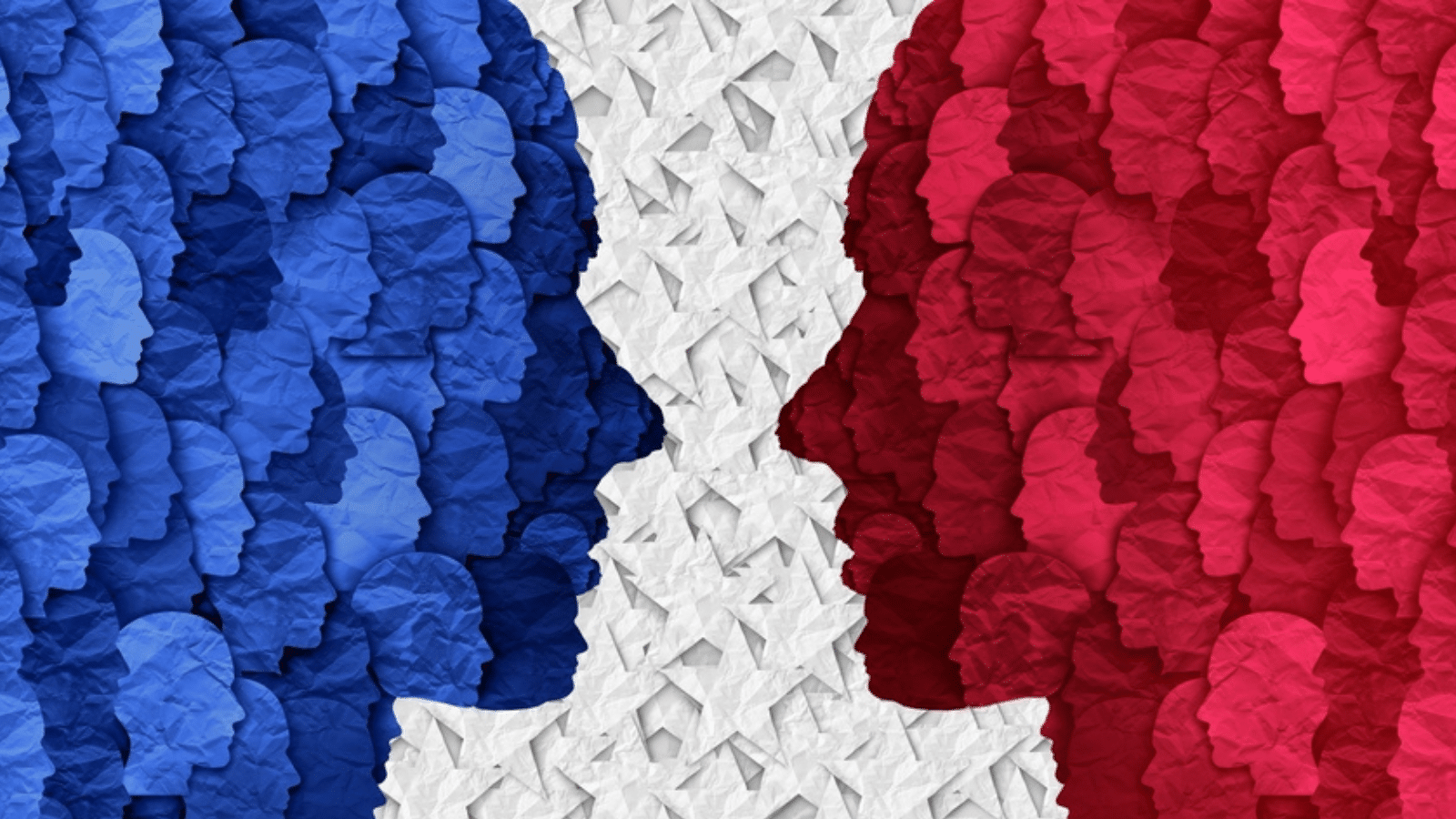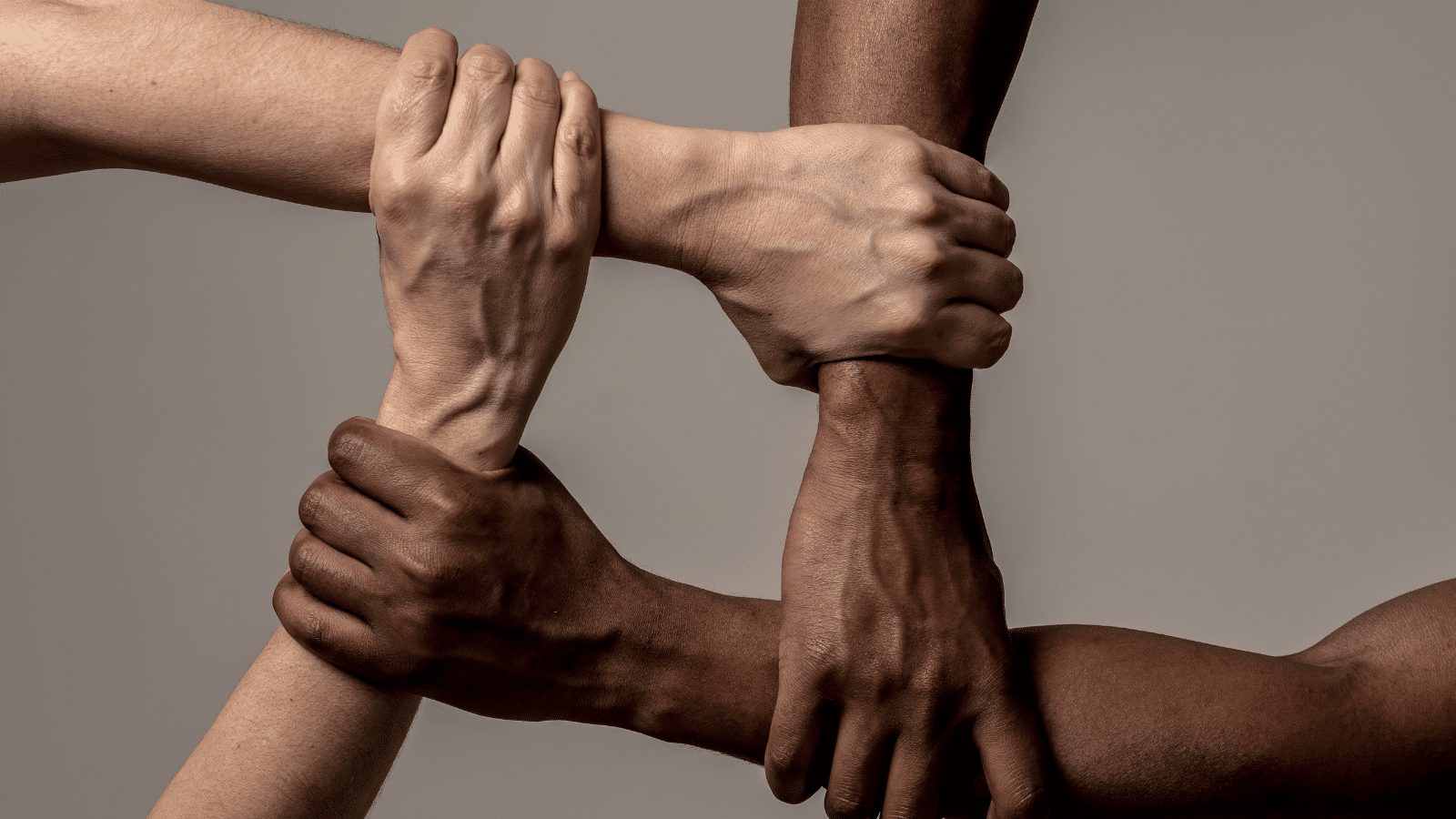Daily Racial Microaggressions

Many white individuals may not routinely experience subtle, racially charged comments or actions that constitute microaggressions. This privilege allows them to move through daily life without the added burden of navigating these subtle, yet impactful, forms of discrimination. Recognizing this absence is crucial for fostering empathy and understanding the experiences of marginalized groups who often contend with microaggressions in various social contexts.
Fear of Racial Profiling

Unlike people of color, white individuals generally do not live with the constant fear of being racially profiled. They can go about their daily activities without the heightened awareness that their appearance might lead to unwarranted suspicion, harassment, or even violence. Acknowledging this privilege is essential in addressing systemic issues surrounding racial profiling and advocating for equitable treatment for all.
Cultural Appropriation Backlash

White individuals may not face the same level of criticism or backlash for engaging in cultural appropriation. Whether adopting elements of another culture for fashion or trendiness, they often escape the cultural sensitivity discussions that people of color regularly confront. Recognizing this freedom is essential in fostering a more inclusive dialogue around cultural exchange and appreciation.
Historical Whitewashing Impact

White individuals may not grapple with the erasure of their history or cultural contributions, as whitewashing tends to privilege their narratives in historical contexts. This lack of historical distortion allows for a more accurate understanding of one’s cultural heritage and contributions to society. Acknowledging this privilege encourages a more nuanced examination of history and its impact on collective consciousness.
Hair Discrimination

White individuals typically don’t face discrimination or judgment based on the natural texture or style of their hair. The absence of societal pressure regarding hair choices allows for more personal freedom in expression without fear of professional or social repercussions. Recognizing this privilege is vital in addressing and dismantling biased beauty standards that disproportionately affect people of color.
Assumed Cultural Competence

White individuals often benefit from the assumption that they possess cultural competence by default, without being subjected to questions or skepticism about their cultural knowledge. This privilege enables them to navigate various cultural contexts without facing doubt or scrutiny. Acknowledging this assumption prompts a more inclusive approach to recognizing and valuing diverse perspectives.
Representation in Media

White individuals typically see themselves widely represented in mainstream media, from movies to advertising, providing a sense of visibility and validation. The absence of underrepresentation or negative stereotypes allows for a more affirming and positive reflection of one’s identity. Recognizing this representation privilege is crucial for advocating for more diverse and inclusive media narratives.
Generational Wealth Disparities

White individuals often benefit from the generational accumulation of wealth without facing the same historical barriers that people of color contend with. The ability to inherit and pass down wealth contributes to financial stability and opportunities for future generations. Acknowledging this privilege is essential in understanding and addressing systemic disparities in wealth distribution.
Freedom to Explore Without Stereotyping

White individuals may explore interests, hobbies, or professions without being burdened by stereotypes or preconceived notions based on their racial background. This freedom allows for a more open pursuit of personal passions without facing societal barriers. Recognizing this lack of stereotyping fosters an environment where individuals of all races can pursue their aspirations without undue societal constraints.
Not Being Perceived as a Representative

White individuals typically do not bear the weight of being seen as representatives of their entire race. This lack of individual responsibility for the actions or perceptions of an entire racial group grants personal autonomy and freedom from assumptions. Acknowledging this lack of representational burden is crucial for dismantling harmful stereotypes and allowing for more authentic individual experiences.
21 Things That Shout You’re “Lower Class” According To Men

Class wars creep up in all aspects of life, including dating. We take a look at the things that men believe are telltale signs that you are lower class.
21 Things That Shout You’re “Lower Class” According To Men
Boomer Zoomers vs. Millennial Meh: 10 Cars the Older Gen Loves but Millennials Just Can’t Stand

The change in the automotive industry has been incredible over the year. Baby boomers born between 1946 and 1964 can’t get enough of the cars listed below, as muscle cars emerged in the 1960s, and new technologies appeared in the 1970s and 1980s. You can imagine why boomers genuinely appreciate these vehicles.
Boomer Zoomers vs. Millennial Meh: 10 Cars the Older Gen Loves but Millennials Just Can’t Stand
Across the Pond Disdain: 18 Horrendous American Habits Foreigners Just Can’t Stomach

There is a lot to love about America, from the bright lights of New York to the incredible breakfasts, but foreigners also dislike many things. We look at everything from poor public transport to an intimidating tip culture, sharing 18 things that America could be better at.
Across the Pond Disdain: 18 Horrendous American Habits Foreigners Just Can’t Stomach
Out with the Old: 18 Gen X Fads That Millennials and Gen Z Just Can’t Vibe With

While some old habits die hard, there are some things that Gen X need to eliminate as they are no longer relevant.
Out with the Old: 18 Gen X Fads That Millennials and Gen Z Just Can’t Vibe With
18 Unpleasant States You Might Want to Skip on Your Next Trip

When thinking of America, we don’t expect there to be boring or unpleasant places to visit. We see all the different states on the TV, and they show the best parts. However, there are some states you won’t want to visit, and you should brace yourselves if you ever happen to stumble into them.
18 Unpleasant States You Might Want to Skip on Your Next Trip














